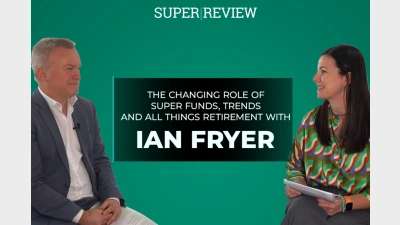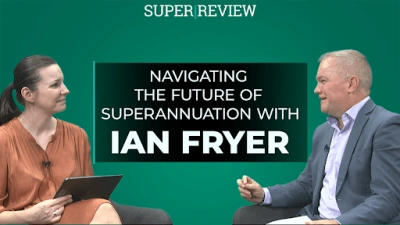Be careful what you wish for



Faced with having to answer for 10 years of decisions and expenditures, superannuation funds may live to regret having pushed so hard for a royal commission.
The Royal Commission may have a different view of the sole purpose test to that of Australian Prudential Regulation Authority.
Those who write the terms of reference of a Royal Commission set the agenda.
Thus, the Turnbull Government has set the agenda for the Royal Commission into Misconduct in the Banking, Superannuation and Financial Services Industry which means that none of the superannuation fund executives who received letters from the Royal Commission in early December should have been particularly surprised.
Those letters, copies of which have been obtained by Super Review, point to the fact that some superannuation funds are going to be made to pay for Industry Super Australia’s (ISA’s) strong support for the Federal Opposition’s persistent campaigning for a Royal Commission.
Key questions contained in the letters go directly to superannuation fund expenditures in the context of the sole purpose test contained in the Superannuation Industry (Supervision) Act 1993.
Traversing a period of 10 years, the Royal Commission is asking superannuation funds to explain “to what uses and in what amounts has the entity applied members’ funds other than the investment of those funds, the administration of the superannuation fund and the payment of member benefits?”
In other words, certain industry superannuation fund executives can expect to be interrogated about sporting sponsorships, the occupation of corporate boxes at sporting events and the expenditure of funds on national television advertising campaigns in the knowledge that counsel assisting the Royal Commission may have a different view of the sole purpose test to that of Australian Prudential Regulation Authority (APRA).
Super Review cannot be sure whether every superannuation fund received a letter from the Royal Commission, but its inquiries suggest that all the funds who funded the ISA’s “compare the pair” and subsequent television advertising campaigns received letters requiring them to reveal the nature of their expenditures and why they were made.
Perhaps interestingly, a survey conducted by Super Review at the Association of Superannuation Funds of Australia national conference just ahead of the announcement of the Royal Commission revealed some strong differences of opinion about whether superannuation should have been captured in the process.
The survey, the results of which are published elsewhere in this magazine, revealed that more than 60 per cent of superannuation fund executives were in favour of the Government moving to scrutinise banks and other financial services organisations but most were much less willing to have their own organisations placed under the microscope.
Asked whether they believed a Royal Commission should be held into banking and financial services, 61.5 per cent of respondents answered ‘yes’ with 38.4 per cent answering ‘no’.
Asked whether, if a Royal Commission were held it should include superannuation funds, 48.7 per cent answered ‘yes’, with 43.5 per cent answering ‘no’.
Superannuation fund executives and trustees have told Super Review that the demands of the Royal Commission will put a strain on their resources, particularly with respect to tracking decision-making and consequent expenditures as far back as 1 January, 2008.
This is because, in a number of instances, there have been significant executive and board changes within the superannuation funds, together with a number of fund mergers.
Sometimes, where politics are concerned, it is best to be careful what you wish for.
Recommended for you
In this Super Review Product Spotlight episode, host Maja Garaca Djurdjevic speaks with Ian Fryer, general manager at Chant West, to discuss the latest developments in superannuation.
In this new Super Review Product Spotlight episode, host Maja Garaca Djurdjevic is joined by Ian Fryer, the general manager at Chant West. Together, they explore Chant West's enduring reputation in the industry and share insights on the imminent changes in the super landscape.
While the last two years have been challenging for the superannuation industry, there is more to come in 2022 and super funds will need to rise up to the challenge.
With 20/20 hindsight, the disengagement which occurred with the introduction of the MySuper regime was a mistake which now needs to be urgently corrected.









